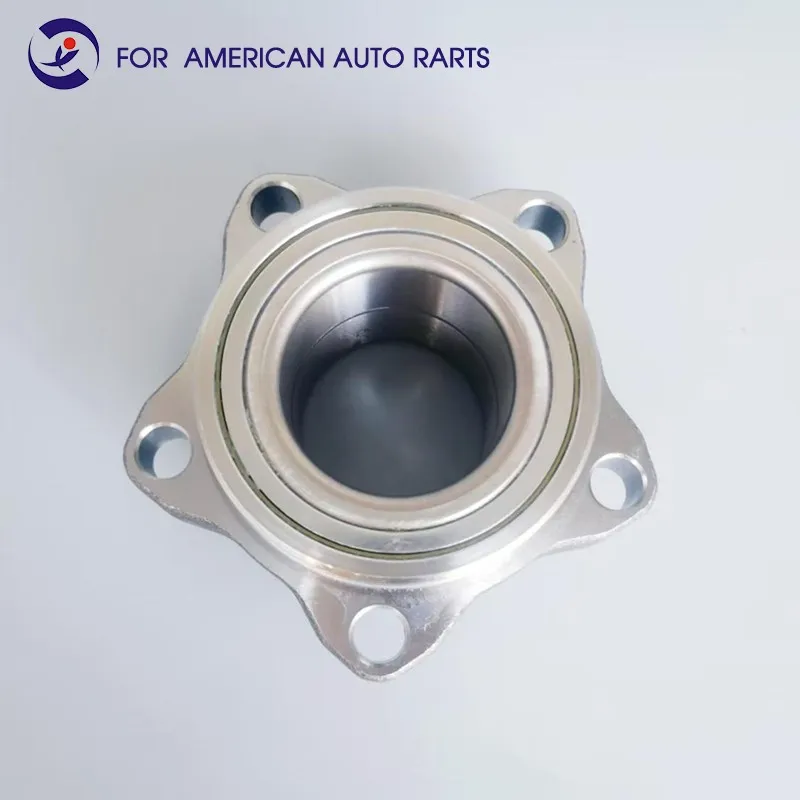What Happens When Your Wheel Hub is Bad?
2024-11-23
A wheel hub is a crucial component of a vehicle's suspension system. It connects the wheel to the vehicle's axle and allows the wheels to rotate freely. It also houses the wheel bearings, which ensure smooth motion, and often contains sensors for anti-lock braking systems (ABS). When a wheel hub goes bad, it can lead to several symptoms and potentially dangerous driving conditions.

Signs of a Bad Wheel Hub
1. Noisy Wheels
- A common symptom of a failing wheel hub is unusual noises coming from the wheel area.
- Sounds may include grinding, humming, or roaring, which often worsen as you accelerate or take turns.
2. Vibration or Wobbling
- A damaged wheel hub may cause the wheel to become loose, leading to noticeable vibrations or wobbling in the steering wheel or vehicle.
3. ABS Warning Light
- Many modern wheel hubs have integrated sensors for the anti-lock braking system (ABS). A faulty hub can trigger the ABS warning light on your dashboard.
4. Uneven Tire Wear
- A bad hub can lead to misalignment, causing uneven or rapid tire wear.
5. Decreased Braking Performance
- If the hub or its integrated ABS sensor is malfunctioning, it can affect braking performance, especially in emergency situations or slippery conditions.
6. Steering Issues
- A faulty hub can make steering less responsive, especially during sharp turns or sudden maneuvers.
7. Wheel Play
- Excessive play or looseness in the wheel when rocked back and forth is a sign of a failing hub assembly.
Causes of a Bad Wheel Hub
- Wear and Tear: Over time, the bearings in the hub can wear out due to friction and constant use.
- Water or Dirt Intrusion: Contaminants can enter the hub assembly, damaging the bearings and other components.
- Impact Damage: Hitting potholes, curbs, or getting into accidents can damage the wheel hub.
- Corrosion: Exposure to moisture and road salt can cause rust and weaken the hub assembly.
Consequences of Driving with a Bad Wheel Hub
1. Safety Risks
- A failing hub can compromise vehicle stability, increasing the risk of accidents.
2. Increased Wear on Other Components
- A damaged hub can put extra strain on the suspension, brakes, and tires, leading to costly repairs.
3. Wheel Detachment
- In extreme cases, a severely worn or damaged hub can cause the wheel to detach from the vehicle while driving.
What to Do if Your Wheel Hub is Bad
1. Inspect and Diagnose
- If you notice any symptoms of a bad wheel hub, have it inspected by a professional mechanic as soon as possible.
2. Replace the Wheel Hub Assembly
- Wheel hub assemblies are not typically repairable and will need to be replaced.
3. Regular Maintenance
- Routine checks of your vehicle’s suspension, brakes, and tires can help detect hub issues early.
Conclusion
A bad wheel hub is not an issue to ignore. It can compromise the safety, performance, and reliability of your vehicle. Addressing the problem early can save you from costly repairs and potential accidents. If you experience any symptoms, consult a mechanic promptly to ensure your vehicle remains safe to drive.


